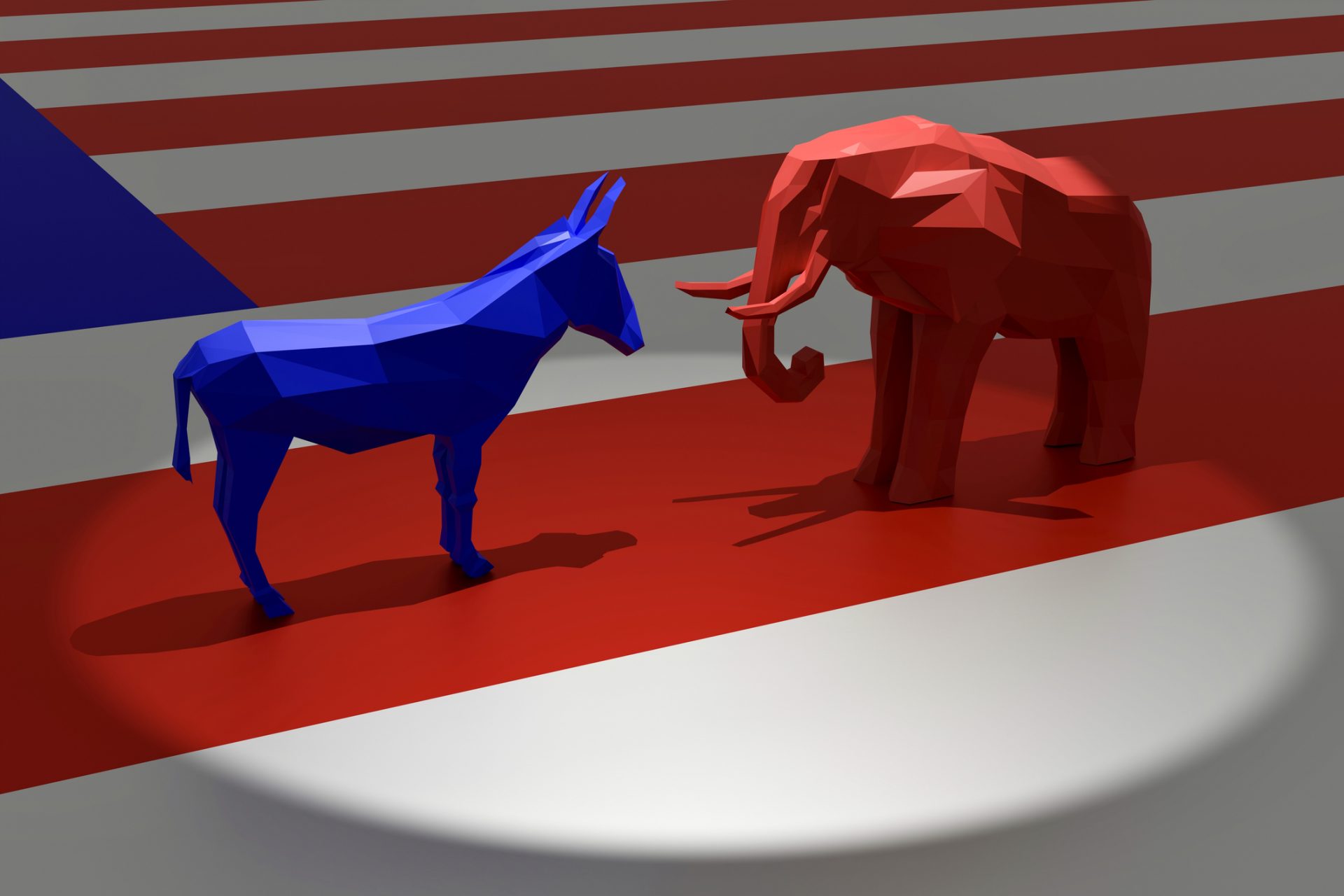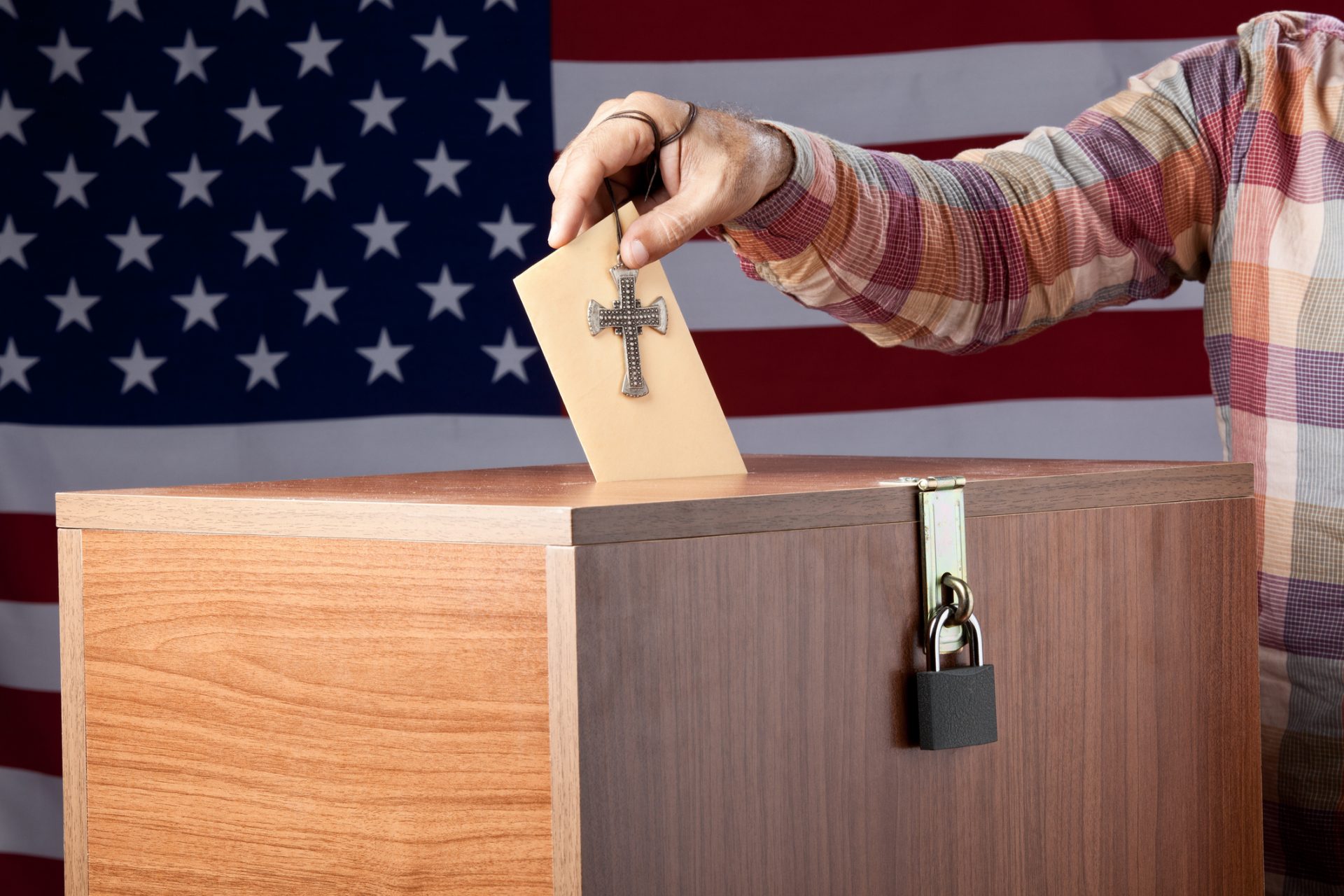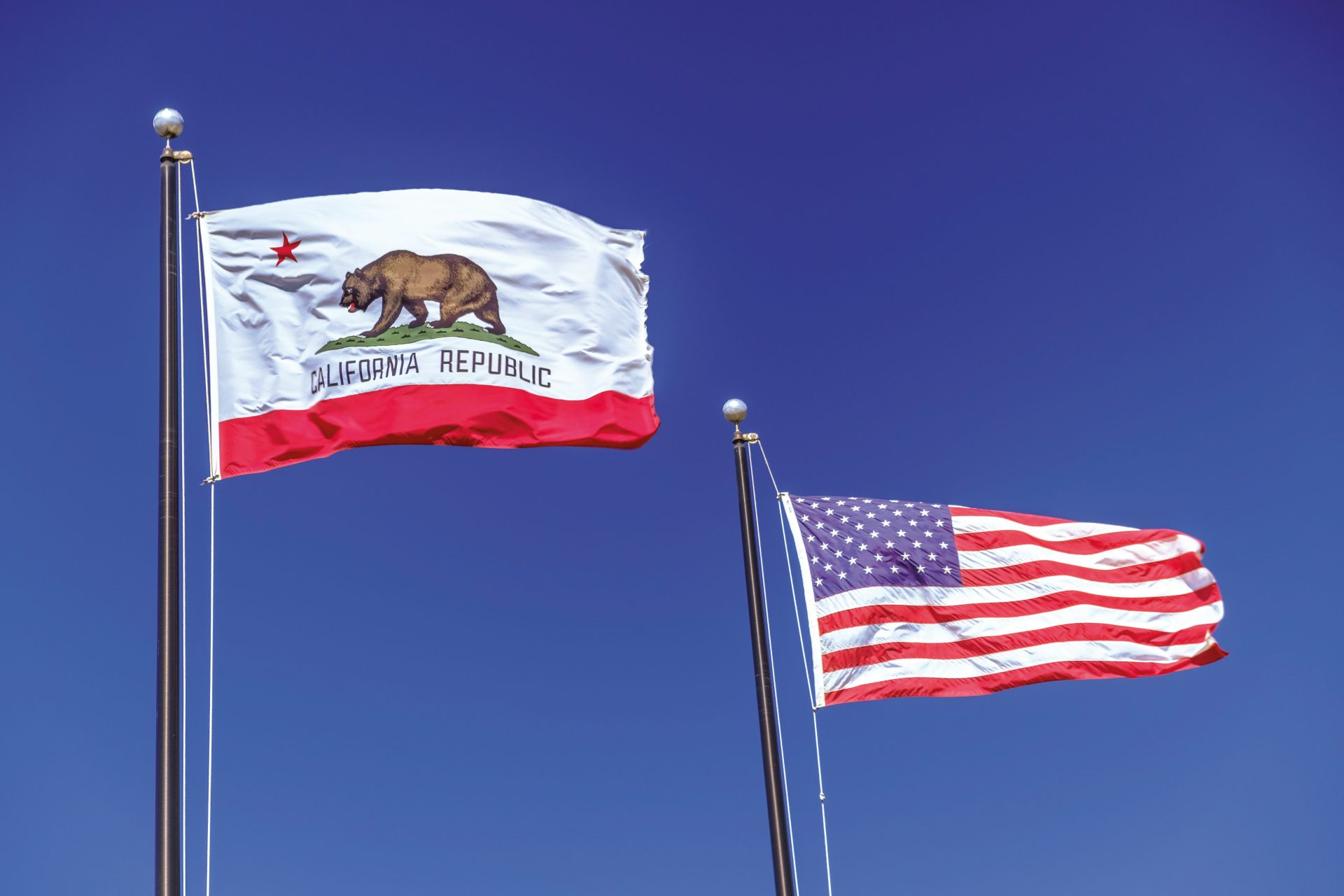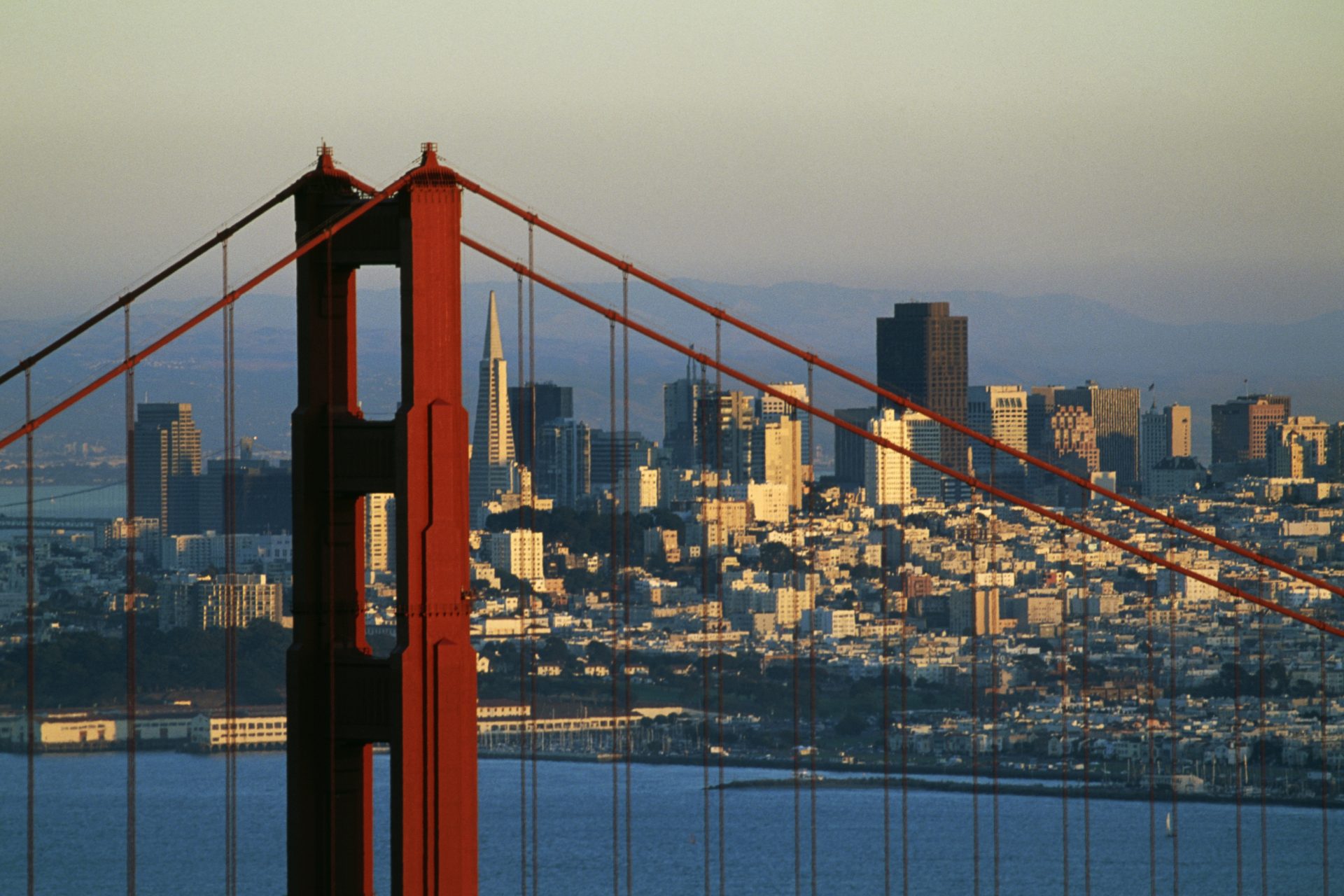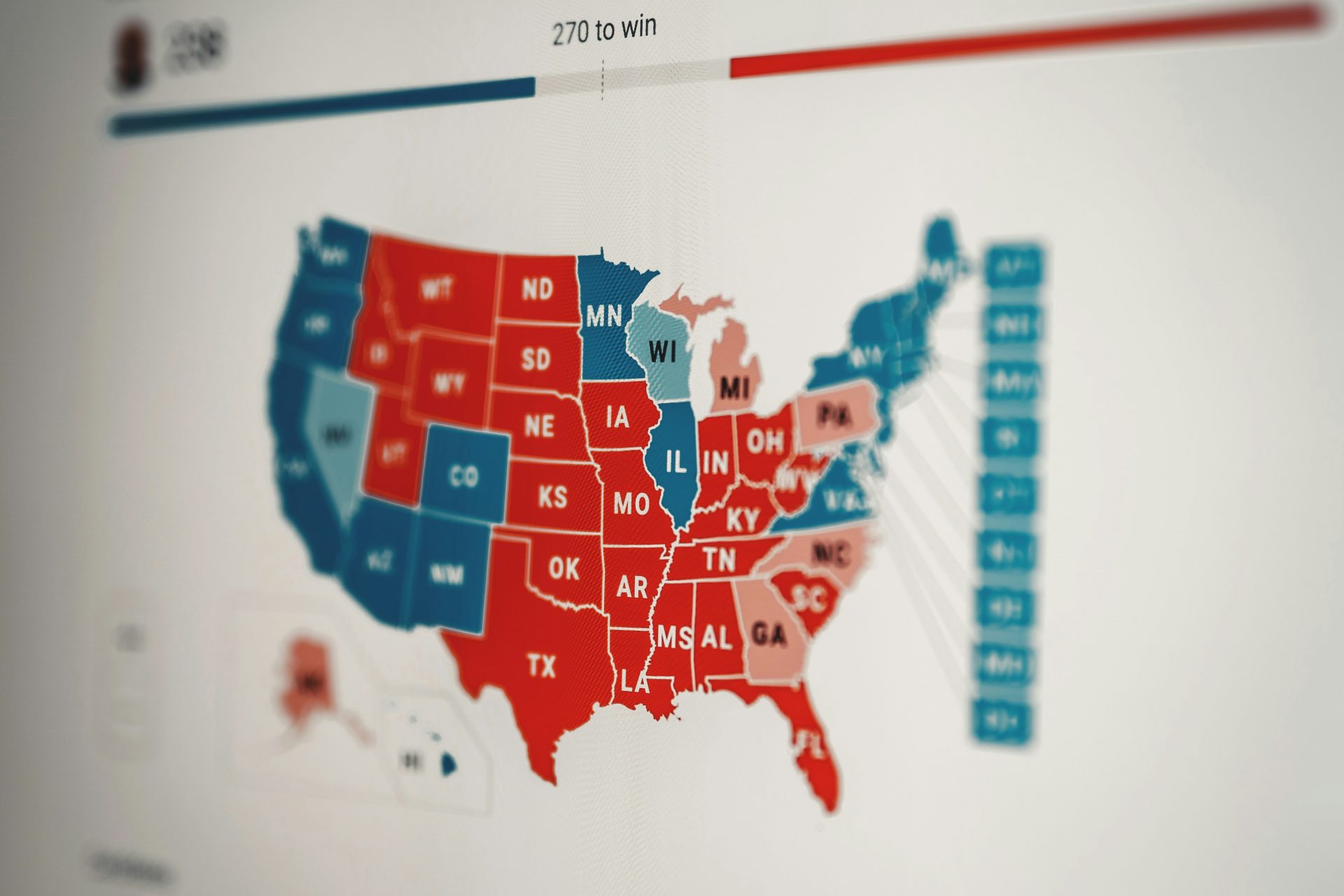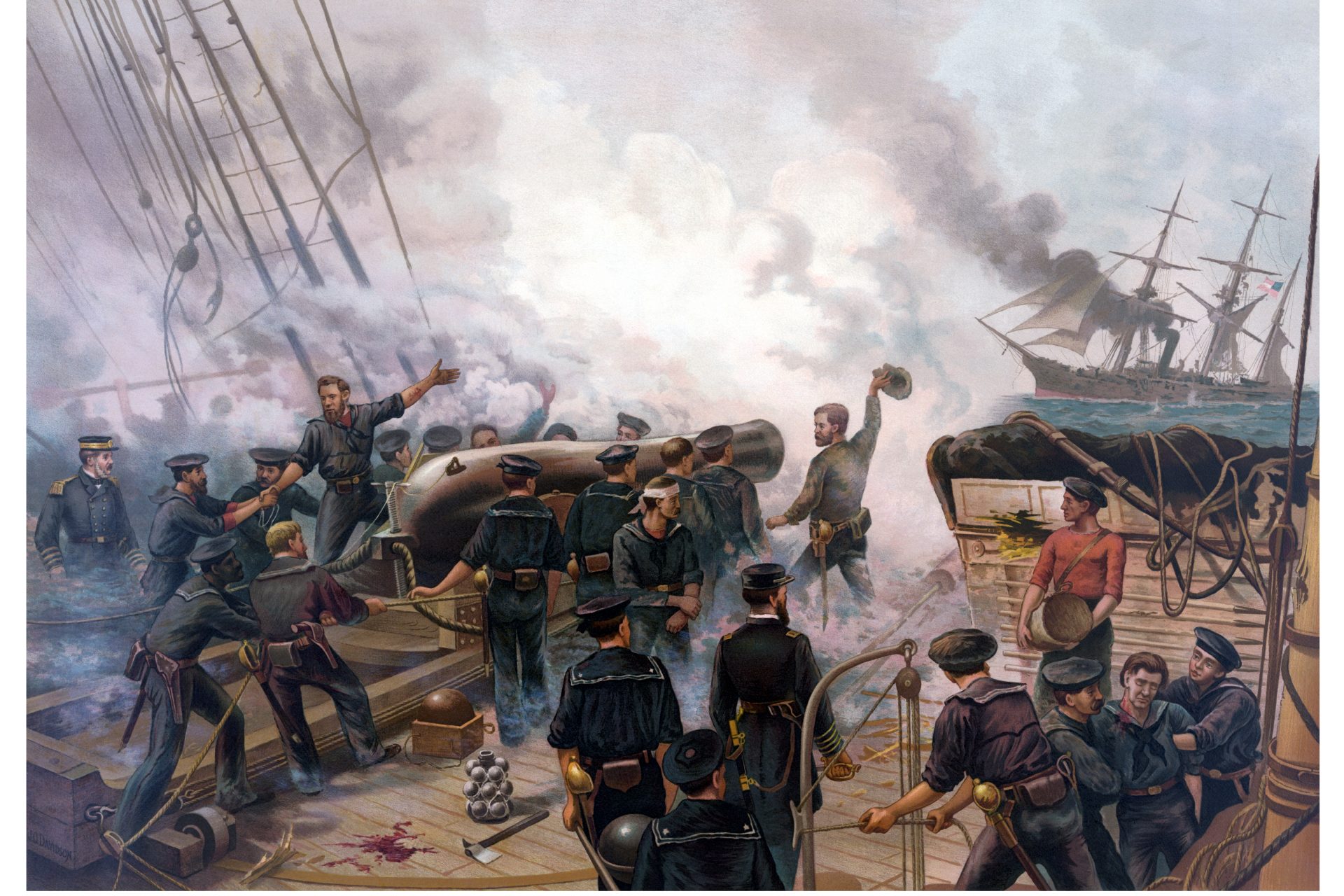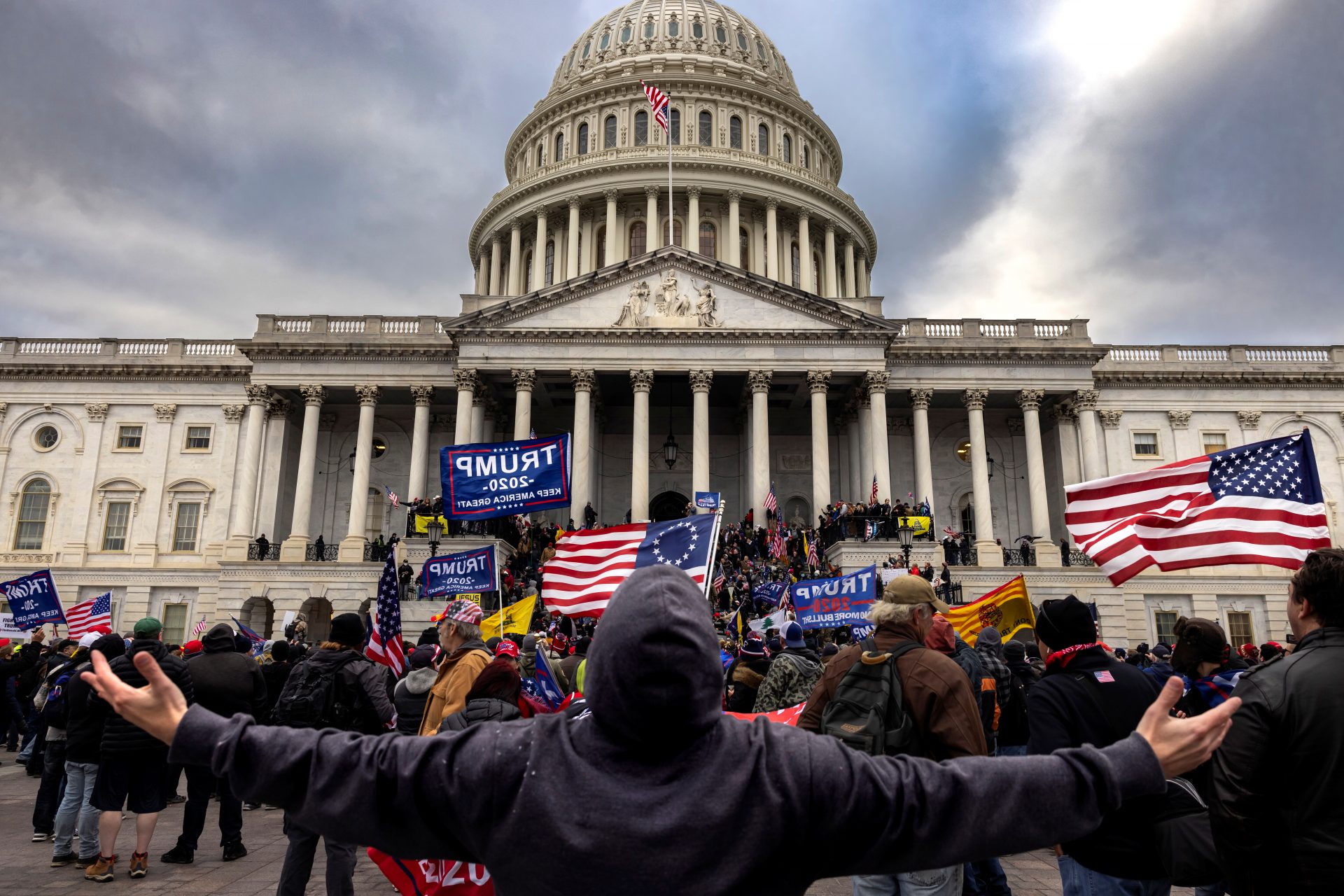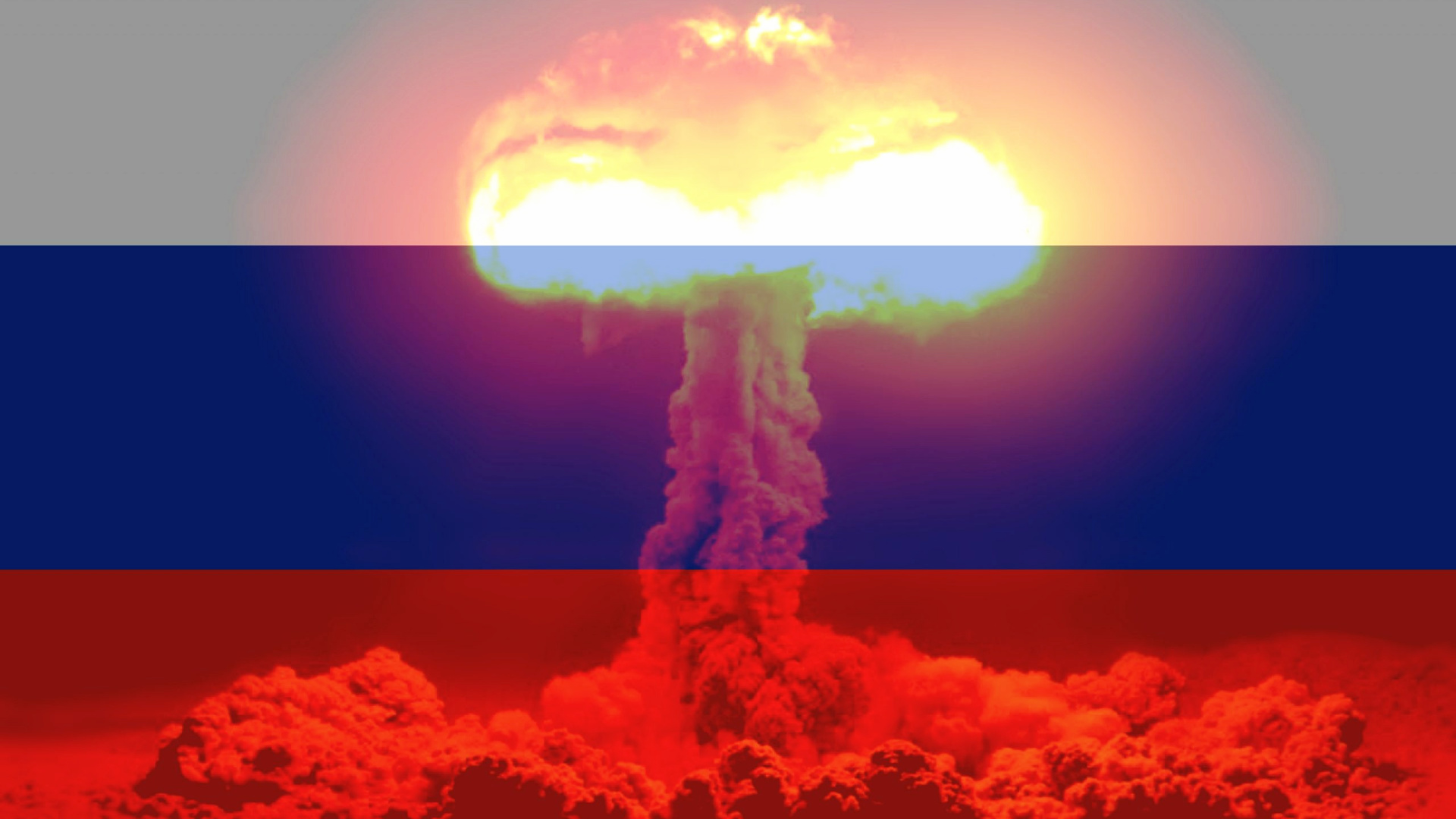How close is the US to a second Civil War?
Many experts have been wondering if the current US climate of political polarization, government distrust, and social instability could lead to a full-on conflict where Americans would fight each other again.
Bruce Strokes writes for British-based think tank Chatham House that half of Republicans and 40% of Democrats believe that it’s likely that the United States will face a civil war within the next decade.
Meanwhile, NBC News highlights that some politicians, such as Republican Georgia Representative Marjorie Taylor Greene, have called for a “national divorce” between red and blue states.
According to The Washington Post, a former Republican Iowa Representative posted on social media in 2019 a meme showing blue and red states fighting with the caption “One side has about 8 trillion bullets, while the other side doesn’t know which bathroom to use”. A few days later, he deleted the post.
“The emergent two Americas can also be seen across a range of divisive social issues that reflect deeper divisions than those that merely manifest themselves at the ballot box”, writes Strokes for Chatham House.
Strokes notices that many of the states that the eleven states that formed the Confederacy (Texas, Arkansas, Louisiana, Tennessee, Mississippi, Alabama, Georgia, Florida, South Carolina, North Carolina and Virginia) then to consistently vote along the same lines in many social issues, including abortion and gun control.
The social, economic, and cultural differences that historically defined the US South can still be seen today, opening the speculation that a Second Civil War would be fought again over the Mason-Dixon Line.
On the other side of the political spectrum, the idea of California or the whole US Pacific Coast seceding from Washington, D.C. has existed on the fringe for quite a few decades.
Image: dreikubik / Unsplash
The website Investopedia explains that the idea of a “Calexit” has been gaining popularity since the election of Donald Trump in 2016, where 61% of the golden state voted for his rival, Hillary Clinton.
A 2017 poll by Reuters revealed that one out of three Californians supported the idea of seceding from the United States, 10% more than in 2014.
If California became independent, Forbes points out that it would be the fifth economy of the world, bigger than the United Kingdom. The Republic of California would roughly have the population of Canada and be larger than Italy.
Two other likely candidates are the last two states to join the union: First, there's Hawaii, which was an independent kingdom before being annexed by the United States after a coup in 1898.
Meanwhile, there's Alaska, which makes up roughly 20% of all the US territory. The state even managed to elect a governor from the Alaskan Independence Party in 1990!
Boston University History professor Nina Silber talked with BU Today how today’s political divisions in the United States doesn’t quite reflect the turmoil seen in the eve of the US Civil War.
“Geographic divide today is less clear-cut, less along solidly sectional lines”, argues Silber, pointing out that even in states that seem to be fully red or blue, such as Texas or California, there are enclaves of opposing political factions, making the map a wide spectrum of purple tones.
Image: claybanks / Unsplash
“I can imagine a future in which we deal with even more incidents of, or plans for, political violence—and that’s definitely a disturbing development”, believes the Boston University historian.
They say that war never changes, its methods have evolved and adapted in the last 150 years. The use of the Civil War, as the template of an imaginary armed conflict in the United States, might be obsolete.
The truth is that current-day warfare such as Syria, Sudan, or Afghanistan usually are fought by guerrilla units with shifting front lines, as two or more factions fight over control.
This raises the question if militia groups in the United States, such as the Oathkeepers and the Proud Boys, would try something like the Capitol Riot but into a massive, nationwide level.
Sam Jackson, a senior research fellow at the Center on Terrorism, Extremism, and Counterterrorism, tells political news website Politico that January 6 has been regarded as an embarrassment by many of these militia groups.
Not all of these groups follow or agree with Trump, and many of them distrust American institutions, such as political parties.
Jackson claims that most militia groups declare that they will never shoot first, but they will certainly shoot back. That or wait for the right moment to act, uncertain what that looks like.
When George Washington became the first US President, France had a king, Russia had a tsar, and China had an emperor. Now, only one stills stand, but for how long?
More for you
Top Stories





